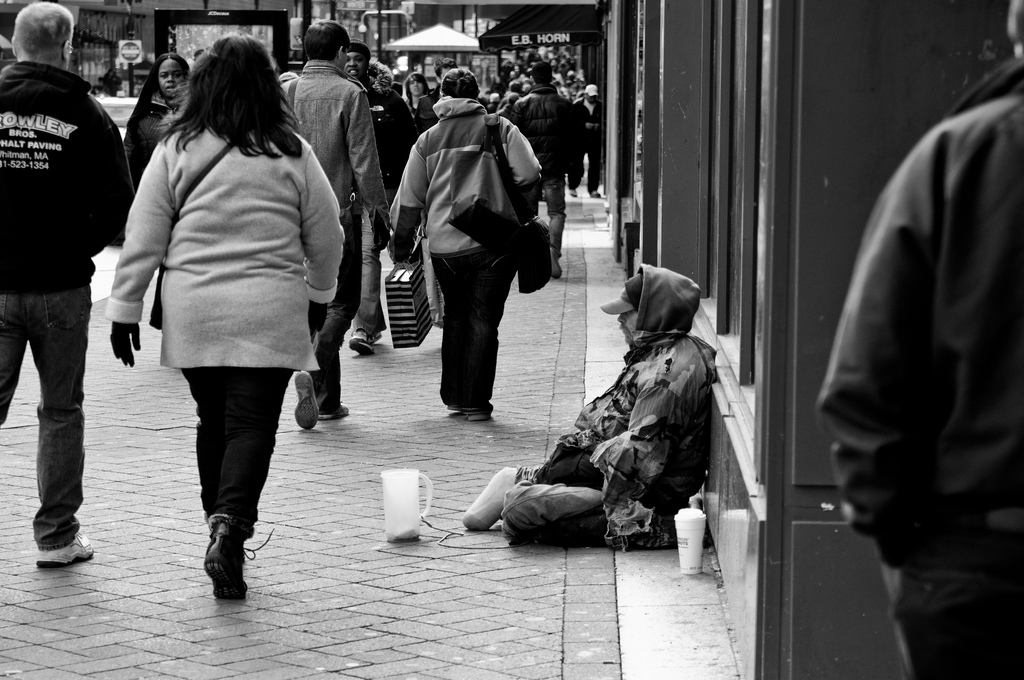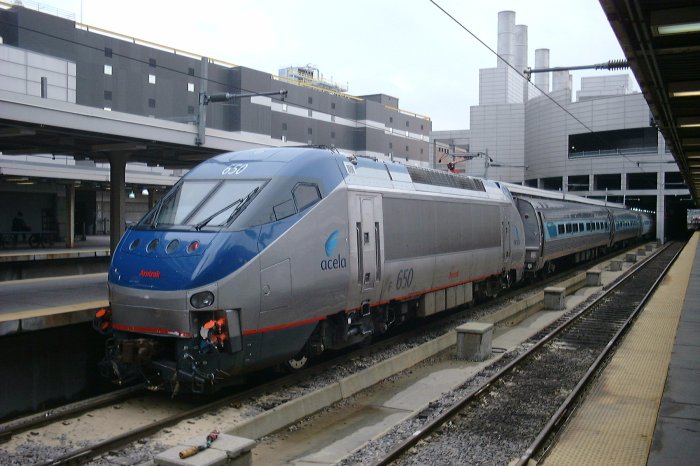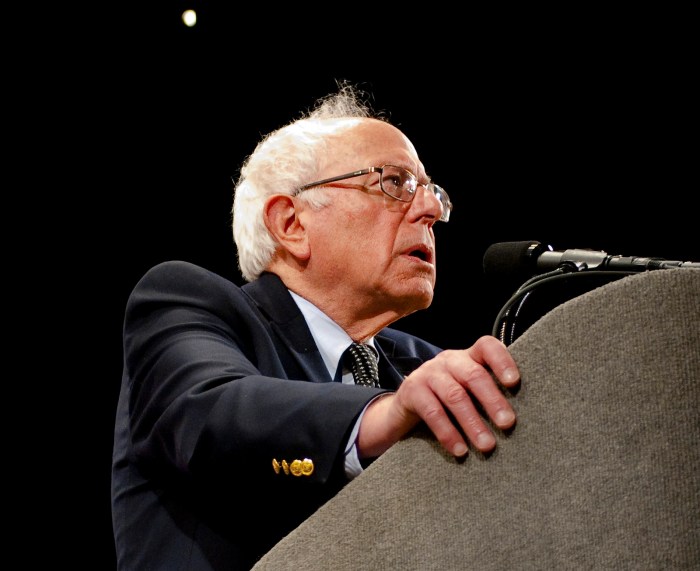About a quarter of the country’s homeless population struggles with serious mental illness, compared to roughly 6 percent of the rest of Americans, according to the National Coalition for the Homeless. In Boston, the number of homeless with mental health issues approaches nearly 40 percent of that population. And while Boston has seen the number of chronically homeless drop to below 500 people, it has not been able to reach those special-case individuals who struggle with behavioral issues, or with substance abuse as well as physical disabilities. That’s why the Boston Public Health Commission this week introduced its public-private partnership called “Hospital to Housing.” The initiative sends community health workers to visit shelters or hospitals to work one-on-one with homeless people who have special needs. Hospital to Housing is a joint effort with the Massachusetts Housing & Shelter Alliance, the Massachusetts Behavioral Health Partnership — part of Beacon Health Options — and the United Health Foundation. “The Hospital to Housing initiative is just one more opportunity for us in the health commission to tailor the way in which we deliver our services to provide our guests and our clients with a stable foundation and on the right path to permanent housing,” said Monica Valdes Lupi, BPHC executive director. When someone’s life becomes more stable, they can more easily move forward and into housing, Lupi added.
Mayor Marty Walsh has been working on an ambitious plan to end chronic homelessness in the city by 2018 by getting these residents out of shelters and into homes. Boston already has had some success in tackling homelessness. Through the city’s efforts, officials said, the chronically homeless population dropped from 612 in January to below 500 six months later. Hospital to Housing hopes to help many of those who remain on the streets.
United Health Foundation, a not-for-profit organization, provided the funding for five outreach workers. The professionals will “assist shelter guests with accessing permanent housing, and will support both homeless and formerly homeless individuals in connecting to behavioral health and primary care,” according to BPHC. The outreach workers will team with homeless-service providers across the commonwealth, including two workers specifically staffing Boston-area shelters.
The foundation also donated 35 “welcome home” baskets to those who have struggled on the streets but now have homes. The basket includes pots and pans and bedding sheets.
“We’re not handing out blankets and socks to sustain somebody on the street,” said Joe Finn, executive director of the Massachusetts Housing & Shelter Alliance. “We’re handing out something that is actually going to help sustain somebody in housing.” Finn spoke Tuesday during the Hospital to Housing kickoff, at the Woods-Mullen Shelter on Massachusetts Avenue. The facility is one of two emergency shelters the city operates. “Our mission is to help people live healthier lives and obviously housing is critical in that equation,” said Greg Stupin, a representative for United Healthcare Community Plan of New England. Alva Clarke, a former shelter guest who recently received housing, was one of a group of people receiving a basket at Woods-Mullen. He discussed his efforts to overcome issues that had at first prevented him from leaving the streets, and implored advocates to keep helping the neediest cases. “It’s people out here like us that really need your help,” Clarke said to Lupi, Stupin and others. “We want to be housed, we don’t want to be on the street. We want to take that next step — keep doing it.”
Boston’s effort to end homelessness focuses on most vulnerable cases

Flickr Creative Commons / J. Ronald Lee


















